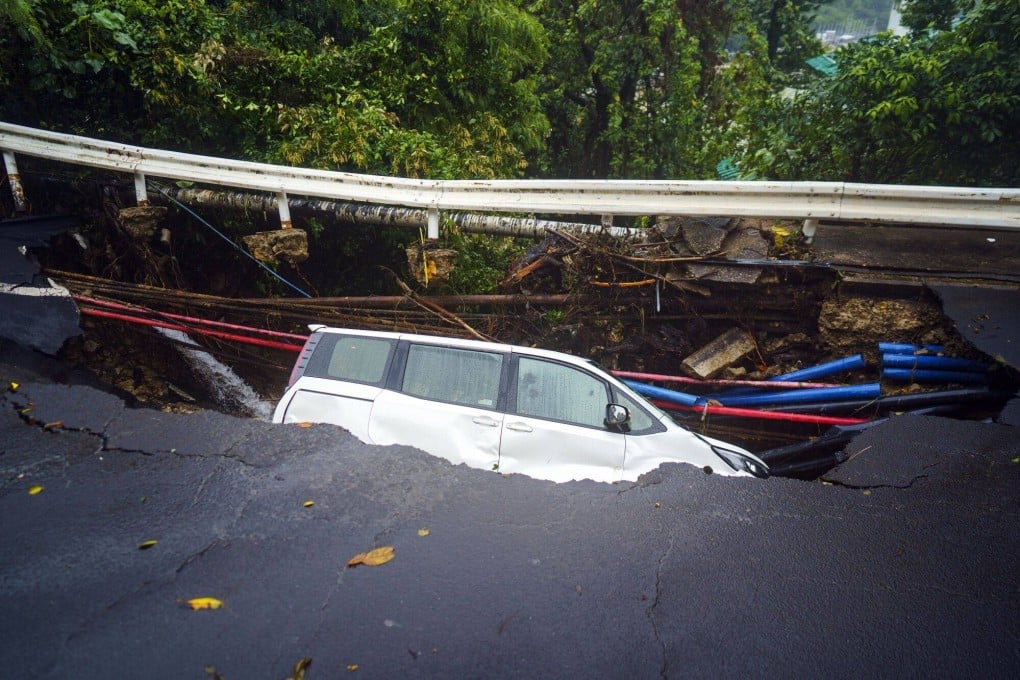Opinion | How Hong Kong can best build urban climate resilience
- The city must learn from its past mistakes and rely on the latest science and technology in reviewing its adaptation and mitigation measures
- In short, with extreme weather events on its doorstep, there is no room for complacency

This is crucial to minimise the looming risks associated with low-probability, high-consequence events that are becoming higher-probability events thanks to climate change. A climate-resilient society will enable different stakeholders to withstand and recover from such stress.
To construct a more climate-resilient urban environment, Hong Kong must review and improve its approach to addressing extreme weather events. The most significant deficiency in Hong Kong society, as revealed by recent extreme events, lies in its lack of robustness, and a forward-thinking and reflective mindset.
Robustness refers to the capacity of infrastructure and people to withstand the impact of extreme circumstances. During the black rainstorm earlier this month, some MTR stations, malls and streets were flooded for an extended period. This shows the inadequacies of our infrastructure design and drainage systems.
.jpg?itok=nTY2MqWq&v=1758185770)